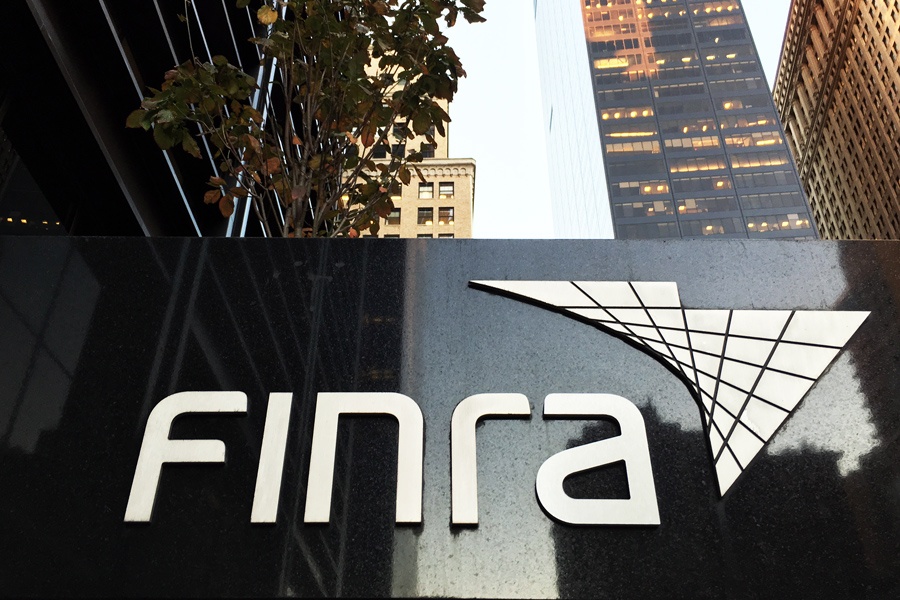The Financial Industry Regulatory Authority Inc. announced Wednesday that it
fined Morgan Stanley Smith Barney $10 million for anti-money laundering program and supervisory failures that spanned a period of more than five years.
FINRA found that Morgan Stanley's AML program failed to meet the requirements of the Bank Secrecy Act because of three shortcomings:
• Morgan Stanley's automated AML surveillance system did not receive critical data from several systems, undermining the firm's surveillance of tens of billions of dollars of wire and foreign currency transfers, including transfers to and from countries known for having high money-laundering risk.
• Morgan Stanley failed to devote sufficient resources to review alerts generated by its automated AML surveillance system, and consequently Morgan Stanley analysts often closed alerts without sufficiently conducting and/or documenting their investigations of potentially suspicious wire transfers.
• Morgan Stanley's AML Department did not reasonably monitor customers' deposits and trades in penny stock for potentially suspicious activity, despite the fact that its customers deposited approximately 2.7 billion shares of penny stock, which resulted in subsequent sales totaling approximately $164 million during that time period.
Finra's focus and findings were largely surrounding legacy Morgan Stanley Smith Barney systems, staffing and processes relating to the surveillance of wire transfers, and the deposit and sale of low priced securities.
Read more: (
Finra makes it harder for brokers to expunge tainted records)
Finra also found that Morgan Stanley failed to establish and maintain a supervisory system reasonably designed to comply with Section 5 of the Securities Act of 1933, which generally prohibits the offer or sale of unregistered securities. In particular, Morgan Stanley divided responsibility for vetting its customers' deposits and sales of penny stock among its branch management and two home office departments without reasonable coordination among them.
Finra found that Morgan Stanley failed to implement its policies, procedures, and controls to ensure that it conducted risk-based reviews on a periodic basis of the correspondent accounts it maintained for certain foreign financial institutions.
"As we stated in our Report on Finra Examination Findings released earlier this month, Finra continues to find problems with the adequacy of some firms' overall AML programs, including allocation of AML monitoring responsibilities, data integrity in AML automated surveillance systems, and firm resources for AML programs," Susan Schroeder, Finra executive vice president, department of enforcement, said in a statement. "Firms must ensure that their AML programs are reasonably designed to detect and cause the reporting of potentially suspicious activity."
Read more: (
Merrill Lynch to pay $6M for breaking Finra rules)
In determining the appropriate monetary sanction, Finra considered corrective measures Morgan Stanley took to expand and enhance its AML-related programs, including that it devoted substantial resources to increase its staffing, improve its automated transaction monitoring system, and revise its policies and procedures.
In settling this matter, Morgan Stanley neither admitted nor denied the charges, but consented to the entry of Finra's findings.
"We are pleased to have resolved this matter from several years ago," wrote Morgan Stanley spokeswoman Susan Siering in an email. "We continuously work to strengthen our controls and have been recognized by Finra for the extraordinary steps we have taken to expand and enhance our AML program."







